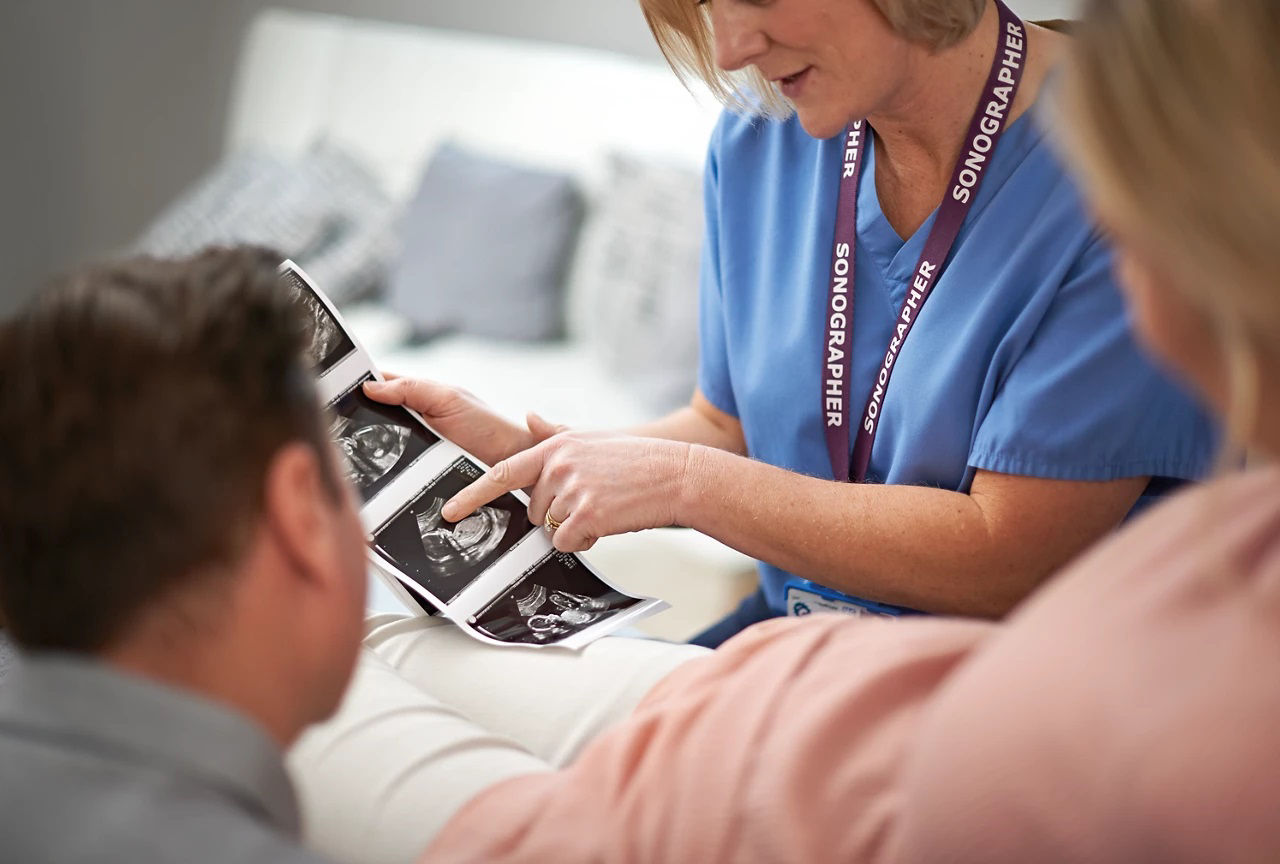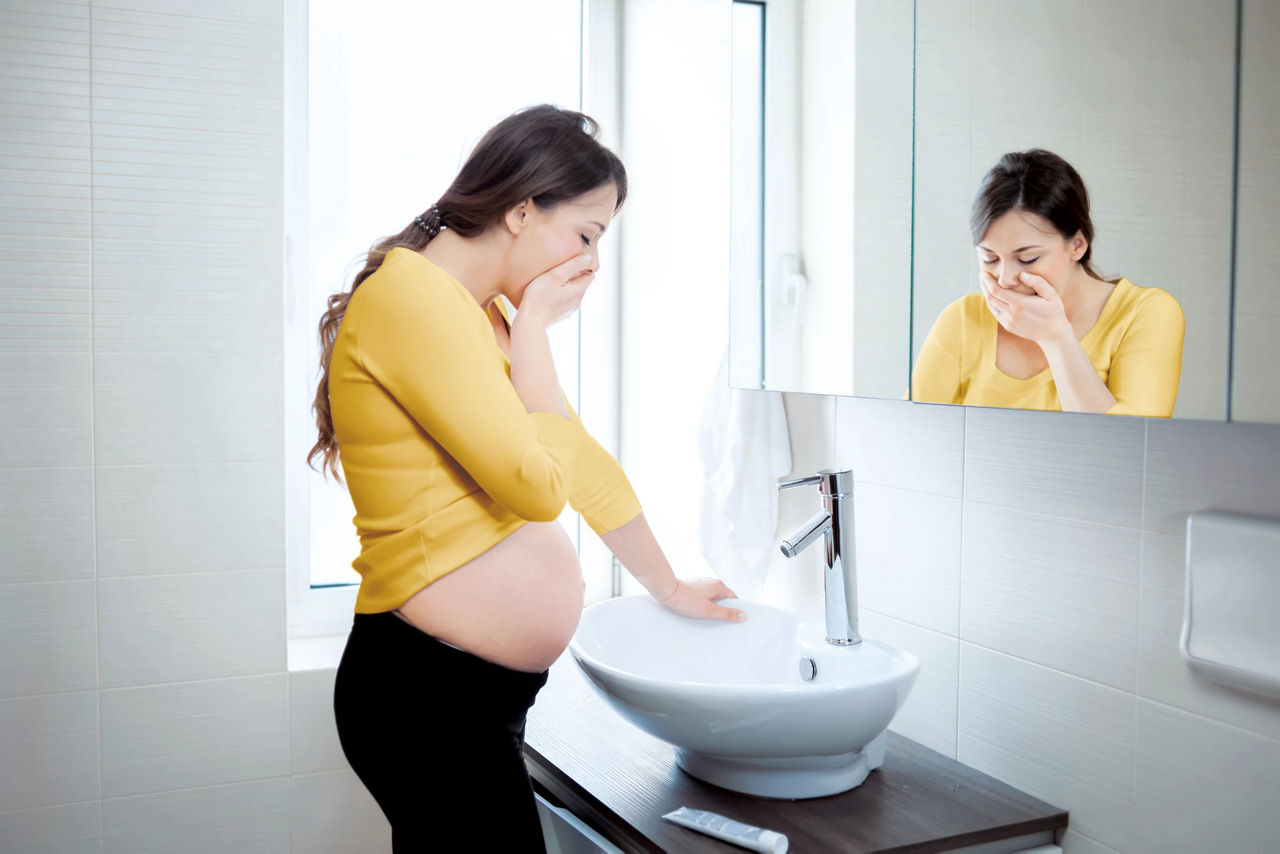Free weaning plan - Register here
Baby development at 5 weeks
Your baby’s vital organs are developing fast, including their heart¹.
What does my baby look like? And, what size is my baby?
In week 5 of pregnancy, your baby, technically called an embryo, measures a little over 1mm long¹ – that’s roughly the size of a sesame seed. But already their brain, spinal cord and blood vessels are beginning to develop, albeit on a microscopic scale². Their circulatory system is also developing and it’s at around the end of week 5 that your baby’s heart starts to beat¹.
Meanwhile, the umbilical cord, which will deliver nutrients to your baby, is beginning to form². The amniotic sac, soon to be filled with a clear, pale fluid to cushion your baby, starts to take shape too³.
Pregnancy at 5 weeks (first trimester)
What’s happening in my body?
This may be the week that you find out for certain that you’re pregnant. If you’re not convinced by the absence of your period or other symptoms such as tender breasts and tiredness, at 5 weeks your hormone levels should be high enough to confirm the news on a home pregnancy test4.
Early pregnancy symptoms at 5 weeks5

Early pregnancy symptoms vary from person to person. At 5 weeks, you may experience any of the following signs of pregnancy, or no symptoms at all:
Last reviewed: 13th May 2022
Reviewed by Nutricia’s Medical and Scientific Affairs Team
Related articles
Pregnancy topics
Need free advice with a smile? Get in touch with our dedicated Care team.
Ask us a question (8am - 8pm Monday to Friday, 10am - 4pm Weekends)
Messenger
Contact us on Facebook (10am - 10pm, 7 days a week)
Call us
Call us on 0800 977 8880 (8am - 8pm Monday to Friday)
FAQs
Get answers to your most frequently asked questions






